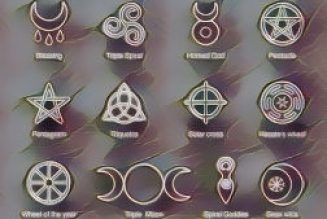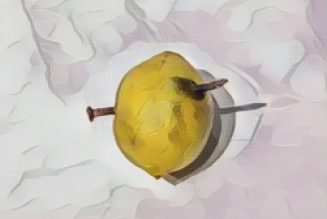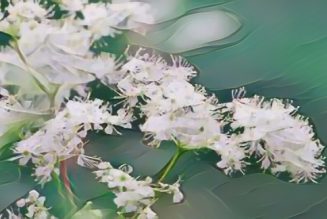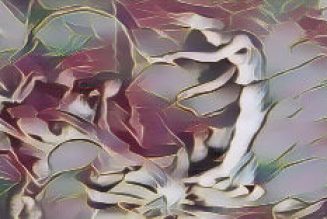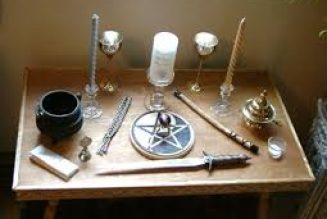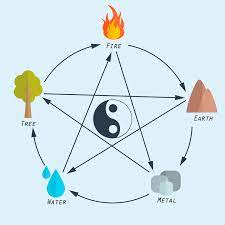
ONE OF THE most important adjustments
that we can make as we begin to work
consistently with magic is to the
environment in which we live and to our own
personal space. As we reach an internal peace
we create tranquillity around us, but equally
our environment must nurture us. For the
practitioner this means understanding both our
living space and our own subtle aura – or
energy field – created by our own vitality.
Scientific discoveries that were made during
the 20th century mean that we are becoming
more and more aware of the constantly shifting
fields of energy through which we move in our
daily lives. Today we call them electromagnetic
fields and talk of ‘adjusting the flow’. This
concept of energy fields is by no means new,
however, because the fact that there was subtle
movement between the two polarities of yin
and yang (negative and positive) was
recognized as far back as 5,000 years ago in the
I Ching (The Book of Changes), which we shall
study in more depth later.
The art of Feng Shui gives an understanding of
these energies and movements, both tangible
and intangible; it is the art of correct placement.
Good Feng Shui practitioners will understand
the processes of transformation, both internal
and external, which can take place when we are
in tune with our environment and will do their
best to balance the external energies in a way
that is appropriate for the task in hand, whether
that is creating a harmonious home, a
productive working space or a healing vibration.
To understand the theory of Feng Shui we
must first redefine our understanding of
divination. Divination – in this case using the I
Ching and the hexagrams as a tool – means
being able to ascertain the most likely course of
events should we be able to adjust any or all of
the energies when we are out of balance. It
consists of working with the flow of essential
energy and making very subtle adjustments
when necessary, so that we approach the ideal
or the divine as closely as possible.
Feng Shui can have an effect on every aspect
of our lives. The way it is applied can be either
beneficial or detrimental (or both) to the way
we live and to the surrounding environment. It
is by no means a game or fad, but it is a way to
live in harmony with nature, as it is understood
in the Tao, so that the energy surrounding us
works for us rather than against us.
In the West, Feng Shui is not yet accepted as a
science, since its principles cannot yet be
proved by science – although it does require
mathematical calculation. Neither a religion, a
philosophy nor a belief system, it puts into
practice tools and techniques that enable us to
be as perfect as we can and remain so.
A system that has stood the test of time
naturally changes to keep pace with
knowledge, and it is unfortunate that the
superstitious ‘silly’ side of the wealth of
information available to practitioners of Feng
Shui has received so much publicity in recent
times. The judicious placing and use of mirrors,
wind-chimes of a certain type of material, or
crystals hung in windows do all enhance the
available energy, but only when carried out
according to strict laws of correspondence.
